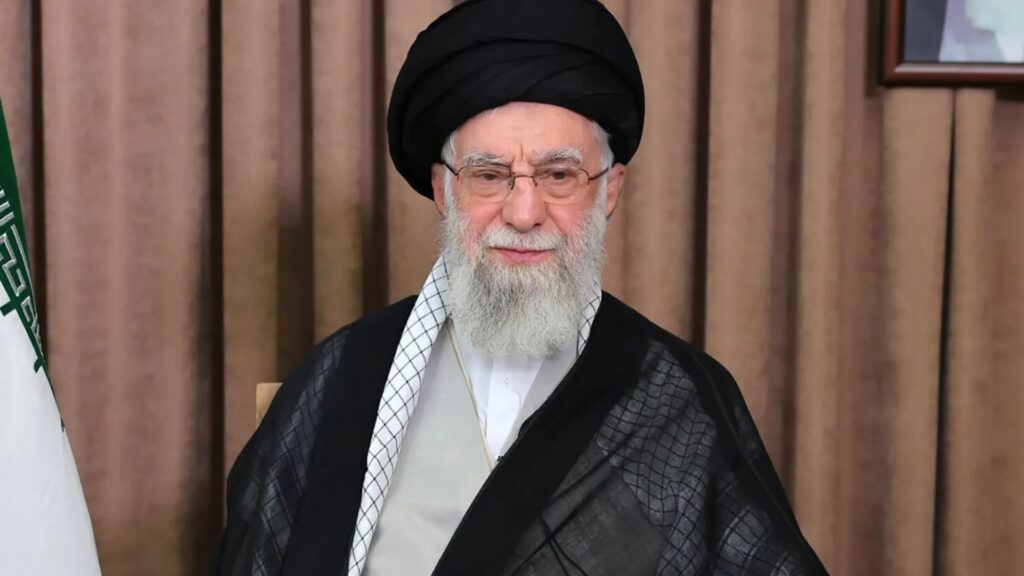
Iran has executed three prisoners accused of spying for Israel, marking a significant escalation in its internal crackdown following the recent 12-Day War. The individuals, identified as Idris Ali, Azad Shojai, and Rasoul Ahmad Rasoul, were hanged on Wednesday morning. Their executions were broadcast on state television, where they appeared in blue prison uniforms after being convicted of espionage.
This development comes as Iran’s Supreme Leader, Ayatollah Ali Khamenei, intensifies efforts to consolidate power and suppress dissent. In the past ten days alone, at least six men have been executed, and approximately 700 individuals have been detained. Human rights organizations have expressed alarm over the increasing use of capital punishment as a tool for political repression.
Context of the Crackdown
The recent executions are part of a broader strategy by the Iranian government to maintain control in the aftermath of the conflict with Israel. According to Mahmood Amiry Moghaddam, head of the Iran Human Rights organization, the regime is using executions to instill fear and prevent potential protests. He warned,
“After the ceasefire with Israel, the Islamic Republic needs more repression to cover up military failures, prevent protests, and ensure its continued survival. Executions are the Islamic Republic’s most important tool for instilling societal fear, and in the coming days and weeks, hundreds, perhaps thousands, of prisoners might be at risk of execution.”
International Repercussions
Meanwhile, the international community is closely monitoring the situation, particularly the case of a British couple, Craig and Lindsay Foreman, who have been detained in Iran on unspecified espionage charges. The couple, who were on a round-the-world motorbike trip, have been in prison for nearly 150 days. Their son has publicly expressed his devastation over their arrest, highlighting the personal toll of Iran’s stringent policies.
The British Foreign Office had previously advised against travel to Iran, citing the risk of arbitrary detention. Despite these warnings, the Foremans entered the country and were subsequently accused by Iranian authorities of “posing as tourists” to gather intelligence.
Historical Parallels and Future Implications
This wave of executions and arrests is reminiscent of past periods in Iranian history when the government resorted to severe measures to quash dissent. The current climate suggests a return to such tactics, with potential implications for both domestic stability and international relations.
Experts warn that the crackdown could further isolate Iran on the global stage, especially if the number of executions continues to rise. The international community, particularly human rights organizations, are likely to increase pressure on Tehran to adhere to international legal standards.
As the situation unfolds, the fate of those detained, including the British couple, remains uncertain. The Iranian government’s actions could provoke further scrutiny and criticism, potentially impacting diplomatic relations and Iran’s position in the international arena.
In the coming weeks, observers will be watching closely to see whether the Iranian regime will continue its current trajectory or if international pressure will prompt a change in strategy.







